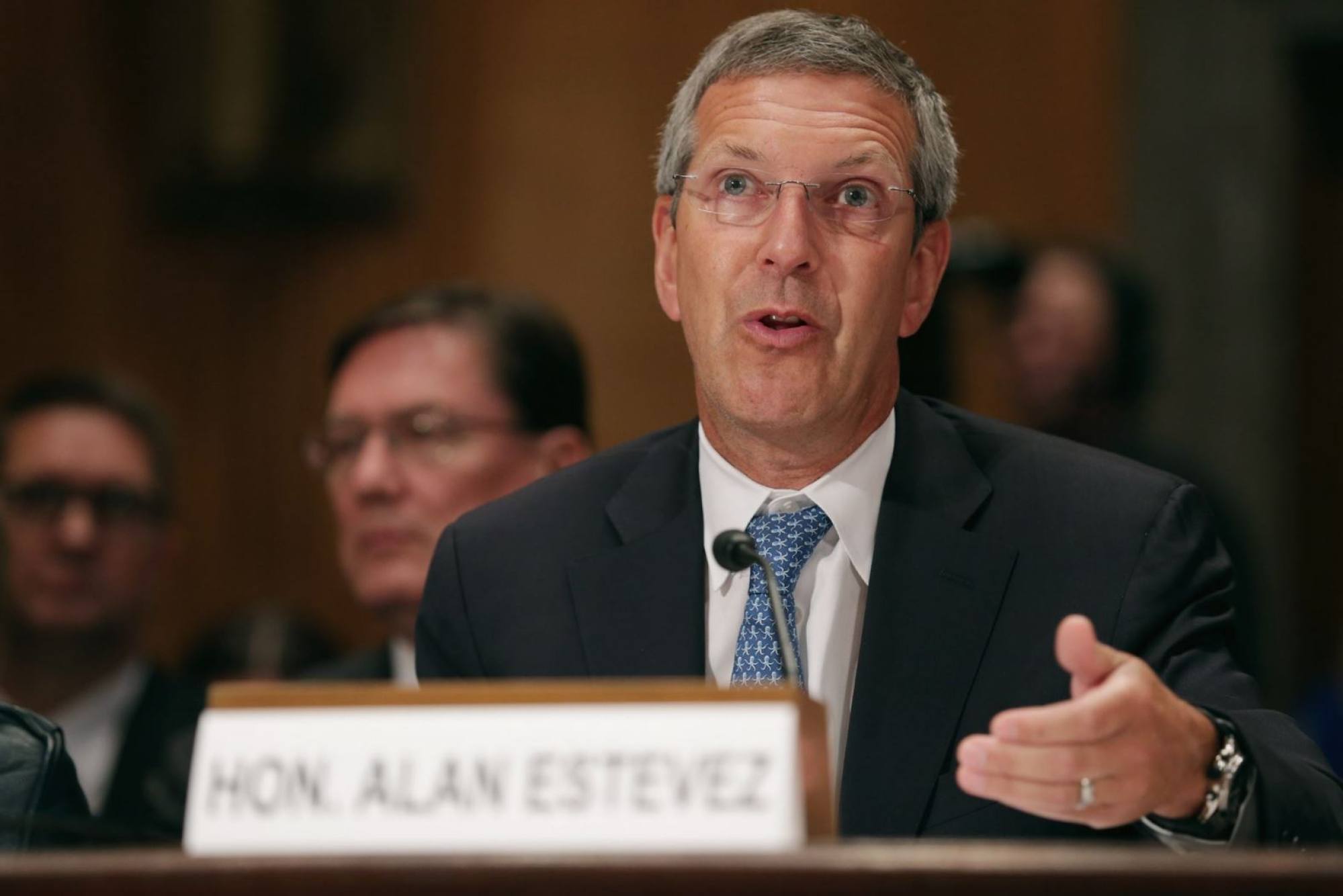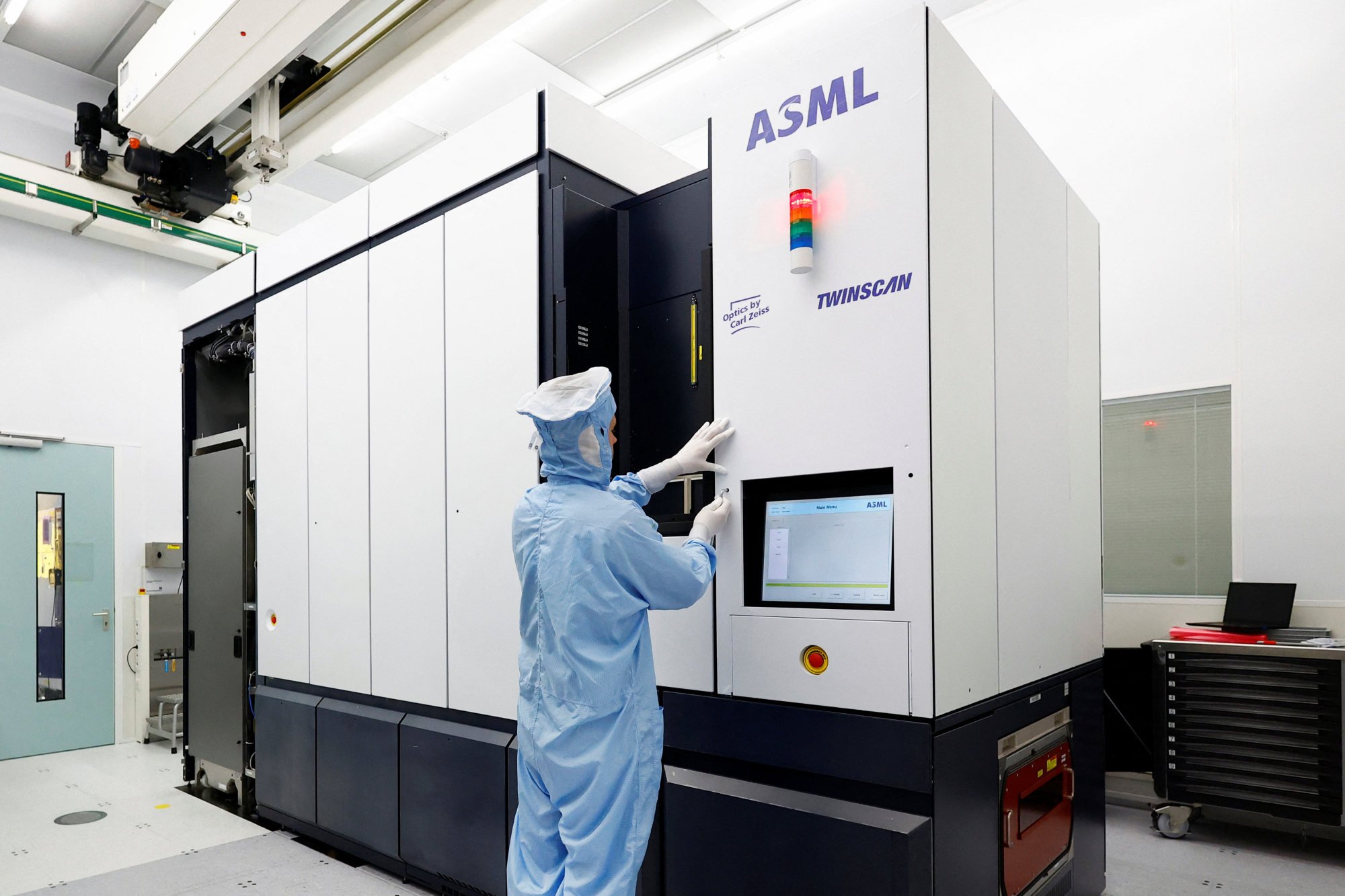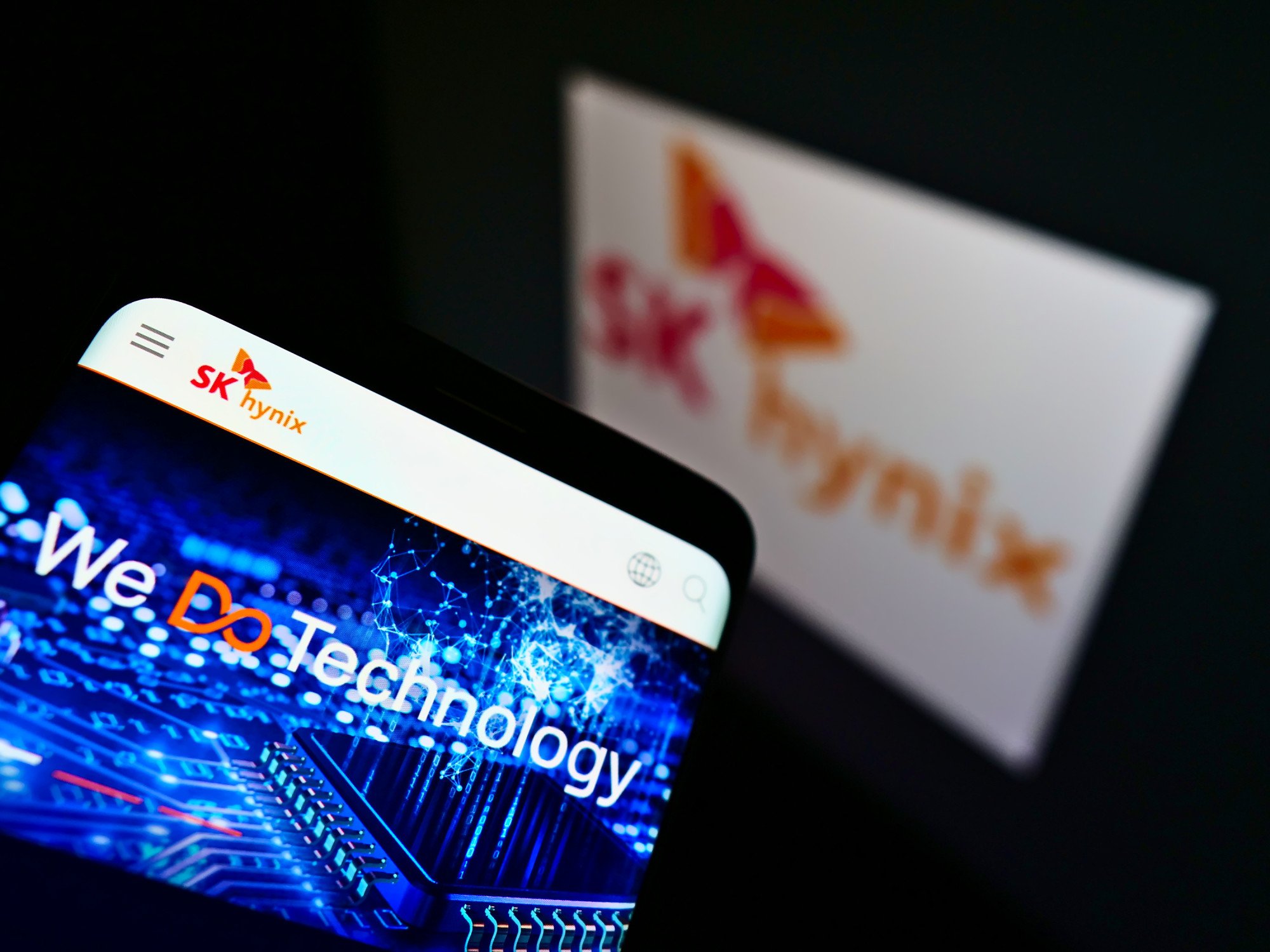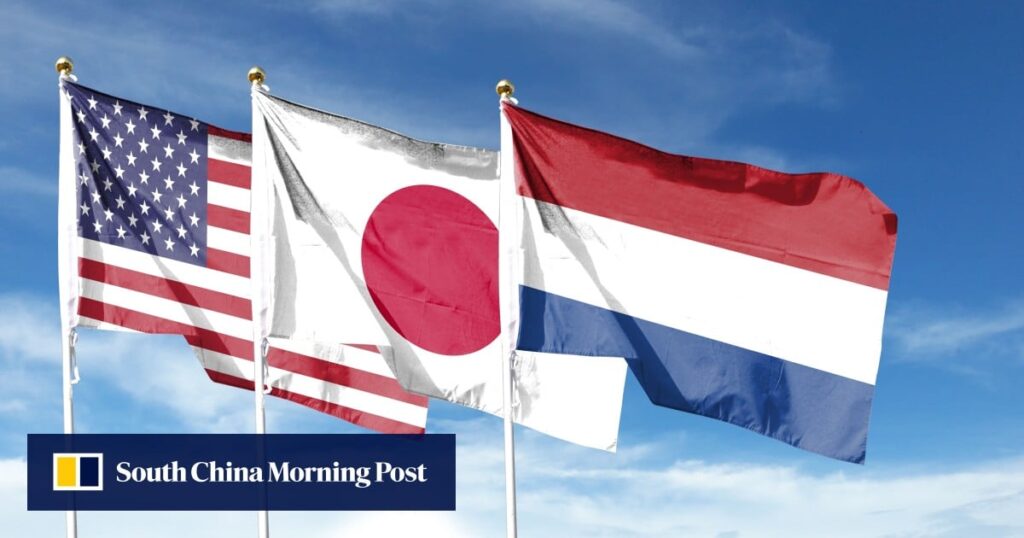The ASML and Tokyo Electron machines will be used to manufacture dynamic random access memory dies, which are stacked to make HBM chips.
 U.S. Under Secretary of Commerce, Industry and Security Alan Estevez oversees the country's export controls. Photo: Getty Images
U.S. Under Secretary of Commerce, Industry and Security Alan Estevez oversees the country's export controls. Photo: Getty Images
The Biden administration has long sought to restrict China's purchases and production capacity of advanced semiconductors, arguing it is necessary for national security, but with mixed results, while Huawei and other companies have made significant headway.
The United States is seeking help from allies that have their own less strict restrictions in place to ensure a more effective global lockdown.
“The United States is the most important player in the global semiconductor equipment industry, but it's not the only important country. Japan and the Netherlands are also major suppliers of semiconductor equipment,” said Gregory Allen, director of the Wadhwani Center for AI and Advanced Technology at the Center for Strategic and International Studies in Washington. “The Netherlands and Japan have export restrictions but not services, which is a significant constraint in the overall technology control structure.”
 An ASML assembly engineer works on a TwinScan deep-ultraviolet lithography system at the company's main production facility in Veldhoven, Netherlands, June 16, 2023. Photo: Reuters According to a person familiar with the matter, Esteves is expected to reiterate the usual U.S. call for both countries to also tighten restrictions on ASML and Tokyo Electron's ability to service and repair other advanced semiconductor manufacturing equipment in China. The U.S. has already imposed similar restrictions on the companies' U.S. rivals, including Applied Materials Inc. and Lam Research Inc. The U.S. delegation's visit to the Netherlands is expected to take place after the new Dutch cabinet is sworn in in the first week of July. Reinette Kleber, from far-right lawmaker Geert Wilders' Liberal Party, is set to become minister of foreign trade and development aid, a post that would normally oversee the country's export control policy.
An ASML assembly engineer works on a TwinScan deep-ultraviolet lithography system at the company's main production facility in Veldhoven, Netherlands, June 16, 2023. Photo: Reuters According to a person familiar with the matter, Esteves is expected to reiterate the usual U.S. call for both countries to also tighten restrictions on ASML and Tokyo Electron's ability to service and repair other advanced semiconductor manufacturing equipment in China. The U.S. has already imposed similar restrictions on the companies' U.S. rivals, including Applied Materials Inc. and Lam Research Inc. The U.S. delegation's visit to the Netherlands is expected to take place after the new Dutch cabinet is sworn in in the first week of July. Reinette Kleber, from far-right lawmaker Geert Wilders' Liberal Party, is set to become minister of foreign trade and development aid, a post that would normally oversee the country's export control policy.
The Dutch and Japanese governments are resisting U.S. pressure, people familiar with the matter said earlier, as they want more time to assess the impact of the current export ban on advanced semiconductor manufacturing equipment and to gauge the outcome of the U.S. presidential election in November.
It is unclear how the new Dutch government, led by Wilders, will respond to the U.S. demands for additional measures. Kleber is the co-founder of Ongehold Nederland, a far-right TV station that has garnered controversy for its pro-Russia reporting and climate change skepticism.
Outgoing Minister of Foreign Affairs and Trade Riische Schreinemacher paid a farewell visit to the United States last week to lobby on ASML's behalf. Dutch King Willem-Alexander also met with New York Governor Kathy Hoffl alongside Schreinemacher. South Korea's SK Hynix is the world's leading manufacturer of high-bandwidth memory chips. Photo: Shutterstock
South Korea's SK Hynix is the world's leading manufacturer of high-bandwidth memory chips. Photo: Shutterstock
A representative for the U.S. Commerce Department's Bureau of Industry and Security declined to comment. A spokesman for the Dutch foreign ministry also declined to comment. Japan's Ministry of Economy, Trade and Industry did not respond to a request for comment.
HBM chips are a vital part of the AI hardware ecosystem because they speed up access to memory, aiding in AI development. AI accelerators made by NVIDIA and Advanced Micro Devices only work with HBM chips. Bloomberg reports that U.S. authorities are in early discussions about restricting exports of HBM chips. SK Hynix is the world's leading manufacturer of HBM chips, with Samsung Electronics and Micron Technology vying for catch-up. SK Hynix relies on equipment from ASML and Tokyo Electron, according to Bloomberg supply chain data.
South Korean equipment makers such as Hanmi Semiconductor and Hanwha Precision Machinery also play a key role in the HBM supply chain. Earlier this year, the United States urged the South Korean government to restrict the flow of equipment and technology used to make high-performance logic and memory chips into China, Bloomberg reported.
Chinese companies can no longer buy cutting-edge AI chips from Nvidia, but Huawei is developing its own AI accelerators, called Ascend. It's unclear which companies supply Huawei with advanced memory chips. SK Hynix, Samsung, and Micron all stopped supplying chips to Huawei after the U.S. tightened sanctions against Chinese companies in 2020.
Officials in Washington are also growing concerned about advances in China's own semiconductor manufacturing equipment, with lawmakers on Tuesday introducing bipartisan legislation that would ban companies receiving U.S. financial assistance for semiconductor factories from buying Chinese-made equipment for those facilities.



